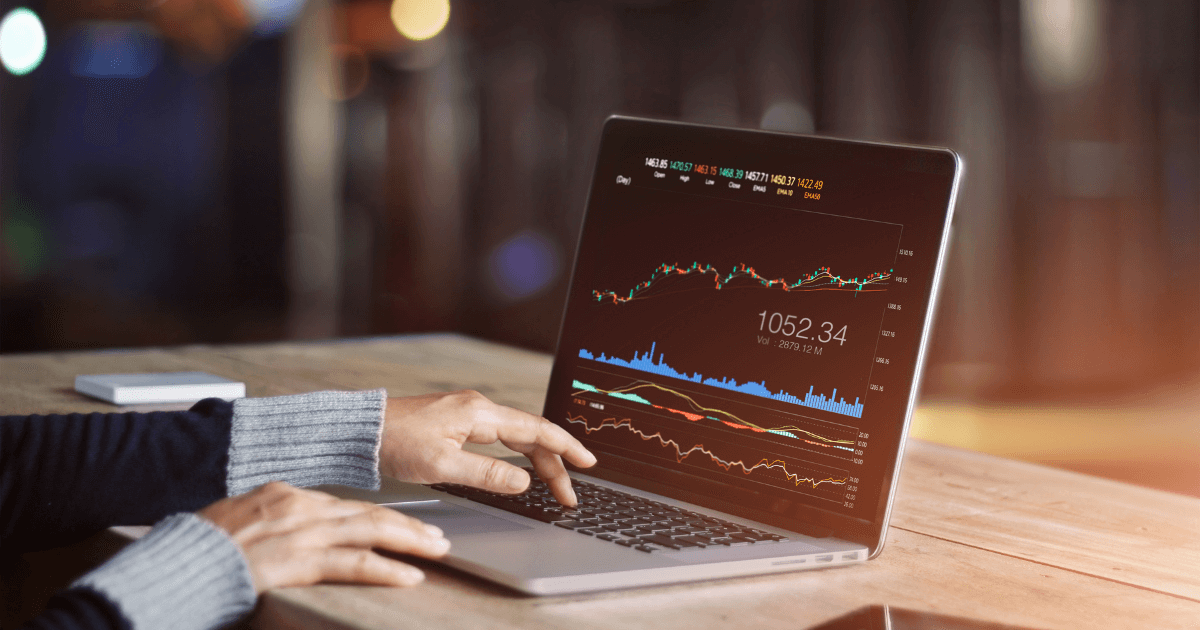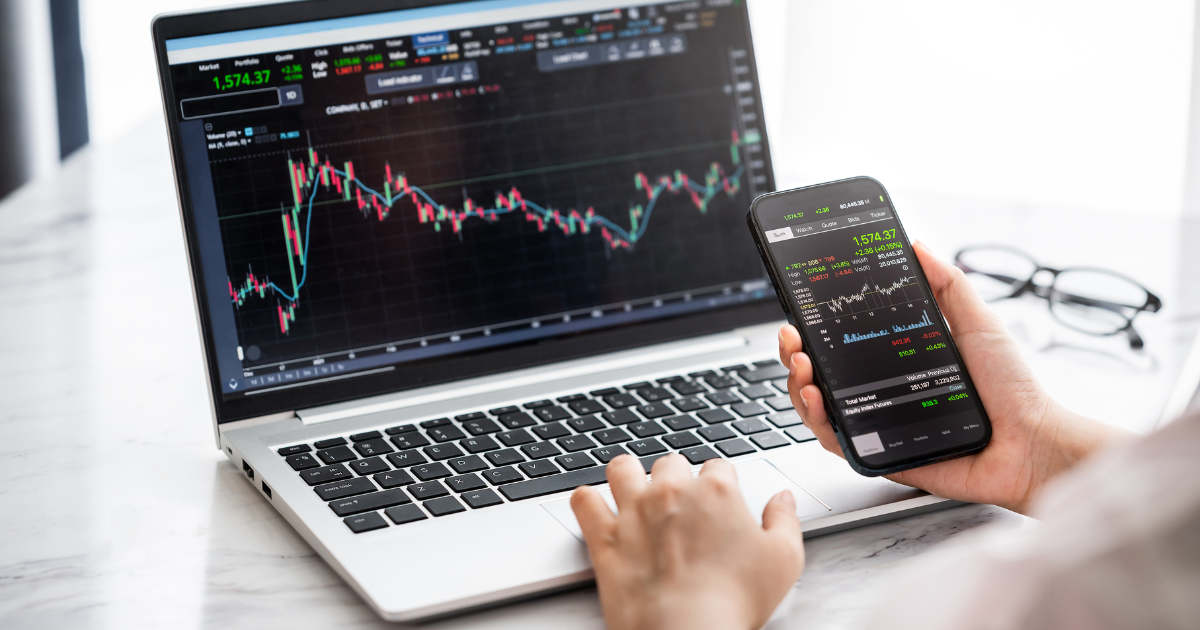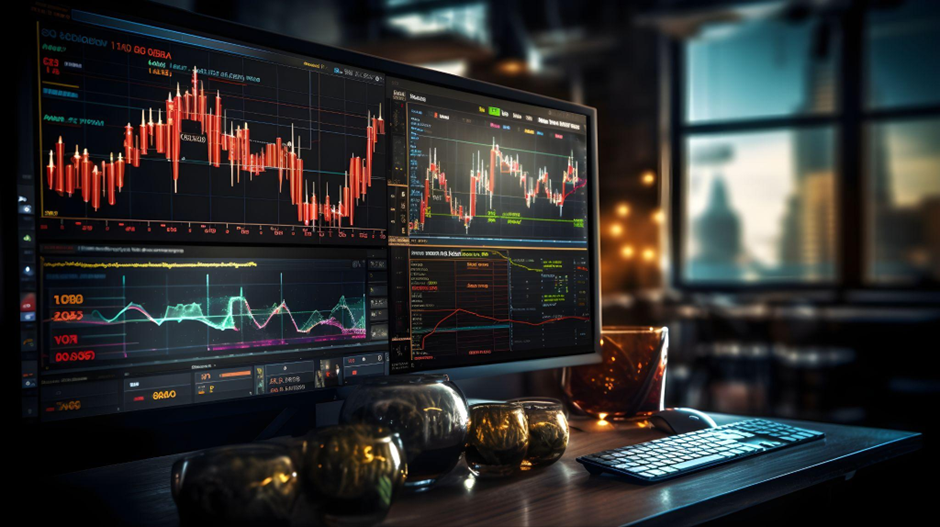Making money from trading is not as easy as many people believe. In fact, according to some sources, only 5% of traders, that is one person in twenty, manage to make some money from their trading activity.
Such statistics make trading seem like a disaster. However, if we check the brokers’ reports, the percentages are less terrible, rising from 5 to 10-15% of traders turning a profit. Furthermore, it must be said that it is also possible to lose money in the short term and prosper in the long term if you manage your losses correctly.
That said, it is normal for new traders to be intimidated. After all, if so many people encounter difficulties. How can one think of belonging to that small group of people who manage to make a lot of money from trading?
To answer this question, we must first understand what lies behind such alarming numbers.
The 3 Reasons Why Trading Is Not Easy
#1 Trading Is Not a Game
Over the years, the belief has spread that trading is a jumble of tricks and shortcuts that can suddenly multiply your capital. However, this is not the case.
Without beating around the bush, trading is a complex activity that requires proper technical preparation.
Apart from a few strokes of luck, positive results in trading are the fruit of proper preparation, discipline, and patience.
This does not mean that success requires you to devote yourself to trading full time. In fact, many of our students have managed to make a profit by trading as a hobby or second job. But the point is that without serious preparation, there are far more chances of losing money.
# 2 Emotions Play a Significant Role
If trading were a purely technical activity, the success rate would certainly be higher. The problem is that humans are less rational and more emotional than we would like to believe, and in trading, emotions significantly sway performance.
Many get carried away with greed, adopting aggressive strategies in the hope of making quick money. There are those who hold a losing position open for too long, fueled by the hope that the tide will turn and that the position will return to profit.
Whenever emotions influence the decision-making process in trading, the chances of making bad decisions increases. This is also why systematic trading is so advantageous, since it allows us to make cold decisions, using numbers and statistical data without letting ourselves be influenced by the emotions of the moment.
#3 Trading Is Not for You
We are not all equally fit for football, programming, or music. Some people are naturally talented, others manage to achieve competence through a lot of training, and others will never be able to achieve noteworthy results in a particular field.
The same concept applies to trading. Those who cannot develop the necessary technical and emotional skills, those who cannot understand their risk tolerance, those who expect easy money without commitment, those without passion, those who have no financial resources, and those who are simply not interested in trading, should avoid doing it.
There is nothing wrong with that! There are other ways to earn money than trading, so if for one reason or another this activity is not your cup of tea, you should let it go rather than risk hurting yourself.
Top Traders Lose Money As Well
So far we have seen the reasons why most people lose money in trading. But losses are not only for the unwary or the beginners. Even the most prepared and experienced traders can lose money.
However, losses are not to be seen as a tragedy to be avoided at all costs, but as an integral part of the trading activity. A bit like the operational costs of running a company, in the same way a trader must consider positions that will close in the red.
In a sense, losses are the price we pay to enjoy attractive returns on successful trades.
How to Manage and Reduce Trading Losses
In the final part of this article, we want to give you some tips on how to deal with a potential loss.
First, remember when a position is at a loss, and according to your trading plan that position should be closed, you must close it without delay and without abandoning yourself to the hope that things will change for the better.
Some people argue that losses remain virtual until the position is closed. They claim that it is smarter to leave positions open and wait for them to turn. These people think that while a losing position is open the loss does not materialize, but every loss on paper is also a real loss.
Furthermore, as we explain in this video, if the loss reaches a certain threshold, the broker could also automatically close the position.
Another key thing to keep in mind is that to continue trading in the medium to long term, it is essential to correctly manage risk. Adopting an adequate risk profile – usually less than 2% – allows you to reduce losses in the event of negative positions and helps you preserve your capital. From this point of view, it is essential to know how to use exit mechanisms.
Among these, we find the stop loss, a stop market order that is activated when an instrument is traded at a certain price or below it. Stop loss is useful for many reasons. For example, it helps mitigate risk by guaranteeing that you will not lose more than a certain amount of money per trade.
Many avoid using the stop loss and other exit mechanisms assuming that their losing trades will have room to recover and return to positive. This is a vain hope, which belongs to that group of emotions that must be avoided at all costs. In fact, without any exit mechanisms, you risk burning through all your capital in a few trades.
Conclusions
In summary, most people who trade lose money not because trading does not work or is a scam, but because these people have not invested enough in their technical and emotional preparation.
More generally, losses are part of the game and even the best traders in the world must deal with them. The important thing is to have a solid preparation not only from a technical and emotional viewpoint but also in terms of risk management. In fact, risk management is what allows us to decide upstream how much money we are willing to lose in the worst-case scenario, guaranteeing greater peace of mind and more effective strategic planning.










